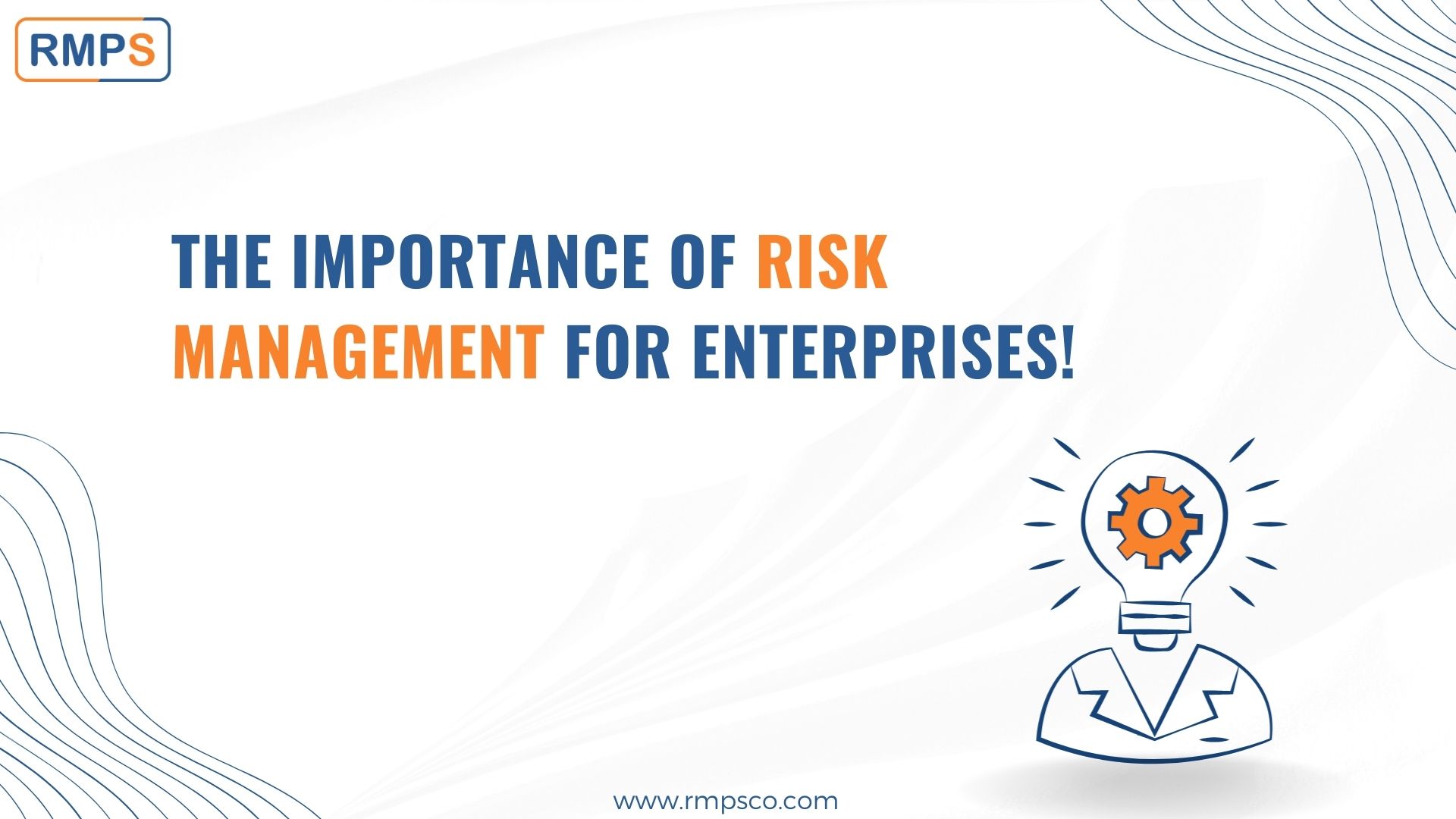The Significance of Recognizing the Value of Risk Management in Various Industries

The Core Concept of Risk Management and Its Function
Risk Management, the foundation of several industries, pivots on the recognition, examination, and reduction of unpredictabilities in a business setting. By correctly recognizing prospective risks, businesses can create approaches to either avoid these risks from taking place or reduce their impact. As soon as risks have actually been determined and evaluated, the reduction procedure entails designing techniques to reduce their prospective influence.
Benefits of Executing Risk Management in Service Operations

Introducing the Function of Risk Management in Different Industries
While every market confronts its unique set of threats, the application of Risk Management methods remains a common measure in their quest of sustainability and growth. In the medical care sector, Risk Management requires making certain client safety and security and data security, while in money, it involves mitigating investment threats and making sure regulative compliance (importance of risk management). Building and construction firms concentrate on worker security, project hold-ups, and budget overruns. In the technology market, firms alleviate cybersecurity dangers and innovation obsolescence. Ultimately, the function of Risk Management throughout industries is to determine, examine, and mitigate risks. It is an important component of strategic preparation, allowing companies to shield their properties, make best use of possibilities, and achieve their objectives.
Real-life Study Demonstrating Successful Risk Management
To recognize the importance of Risk Management in these many fields, one can seek to numerous real-life circumstances that show the effective application of these actions. In the power industry, British Oil created Risk mitigation plans post the 2010 Gulf of Mexico oil spill. They executed much better security treatments and more stringent regulations which significantly decreased more accidents. Likewise, in financing, Goldman Sachs effectively browsed the 2008 economic situation by identifying potential mortgage-backed safeties dangers early. Toyota, post the 2011 earthquake in Japan, revised its supply chain Management to reduce disruption threats. These instances show exactly how markets, discovering from crises, efficiently used Risk Management strategies to lower future risks.
Future Trends and Advancements in Risk Management Approaches
Cybersecurity, as soon as an outer concern, has catapulted to the center of Risk Management, with strategies focusing on detection, feedback, and prevention. The integration of ESG (Environmental, Social, Administration) aspects into Risk Management is an additional expanding trend, mirroring the enhancing acknowledgment of the duty that social and ecological risks play in business sustainability. Therefore, the future of Risk Go Here Management exists in the fusion of sophisticated innovation, innovative methods, and a holistic technique.
Final thought
In final thought, recognizing the significance of Risk Management across a spectrum of industries is vital for their longevity and prosperity. Inevitably, effective Risk Management adds to much more resilient and lasting organizations, highlighting the importance of this method in today's vibrant and extremely competitive business setting.
While every sector confronts its unique collection of threats, the implementation of Risk Management approaches stays a common denominator in their search of sustainability and development. In the health care industry, Risk Management requires ensuring patient safety and security you could try here and data protection, while in finance, it entails mitigating financial investment risks and guaranteeing regulatory conformity. Eventually, the role of Risk Management throughout markets is to identify, analyze, and minimize dangers. These cases show how sectors, finding out from crises, efficiently used Risk Management methods to decrease future dangers.
